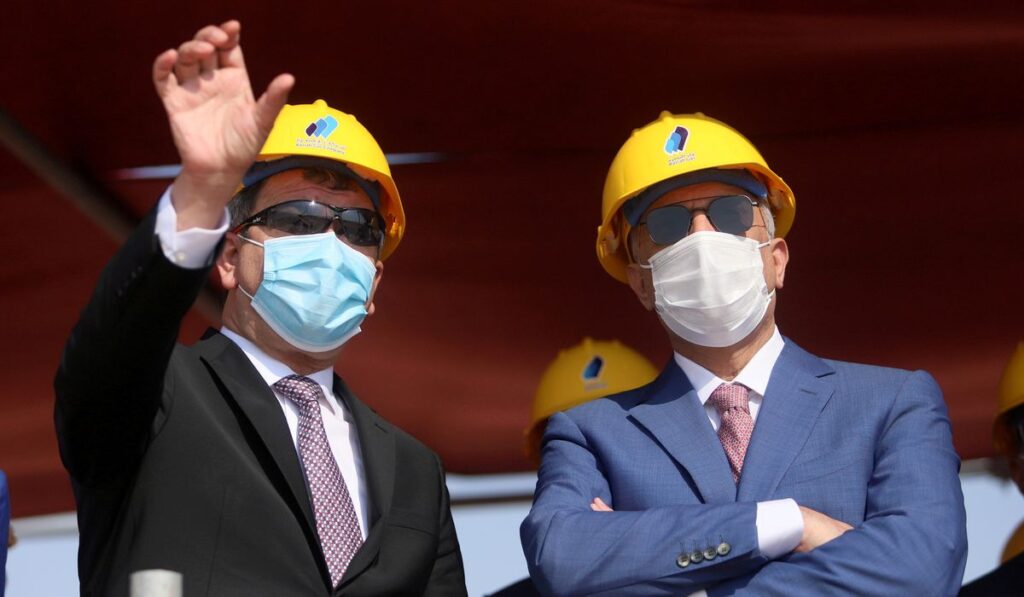
- OPEC+ to ease cuts by 2 mln bpd until year end
- Oil prices near 2-1/2 year highs on pandemic recovery
- Supply management likely to last until end-2022
- UAE wins argument for production quota adjustment
OPEC+ ministers agreed on Sunday to boost oil supply from August to cool prices which have climbed to 2-1/2 year highs as the global economy recovers from the coronavirus pandemic.
The group, which includes OPEC countries and allies like Russia, crucially agreed new production allocations from May 2022 after Saudi Arabia and others agreed to a request from the United Arab Emirates (UAE) that had threatened the plan.
“We are happy with the deal,” UAE’s Energy Minister Suhail bin Mohammed al-Mazroui told a news conference. Saudi energy minister, Prince Abdulaziz bin Salman, refused to answer questions on how the compromise was reached.
OPEC+ last year cut production by a record 10 million barrels per day (bpd) amid a pandemic-induced slump in demand and collapsing prices. It has gradually reinstated some supply to leave it with a reduction of about 5.8 million bpd.
From August until December 2021 the group will increase supply by a further 2 million bpd or 0.4 million bpd a month, OPEC said in a statement.
The group had agreed to extend their overall pact until the end of 2022 from an earlier planned date of April 2022, to leave more room for manoeuvre in case global recovery stalls due to new virus variants.
Whilst both Riyadh and the UAE had been supportive of an immediate output boost, the UAE had objected to the Saudi idea to extend the pact to December 2022 without getting a higher production quota.
To overcome the disagreement, OPEC+ agreed new output quotas for several members from May 2022, including the UAE, Saudi Arabia, Russia, Kuwait and Iraq.
The overall adjustment will add 1.63 million bpd to supply from May next year, according to Reuters calculations.
The UAE will see its baseline production, from which cuts are being calculated, increase to 3.5 million bpd from May 2022 from today’s 3.168 million.
Saudi and Russia will see their baselines rise to 11.5 million bpd each from the current 11 million. Iraq and Kuwait will see their baselines rise by 150,000 bpd each.
Prince Abdulaziz said Nigeria and Algeria could also see their baselines revised.
The meeting emphasised strengthening collective cooperation, praising the countries’ compliance with the agreement, and the positive development in increasing demand for crude, as well as the decline in stocks and oil surplus, which is a positive and influential indicator,” Abdul Jabbar said.
Total compliance with the OPEC+ deal, including Mexico, reached 113% in June, the Iraqi oil ministry statement, citing Abdul Jabbar, said.
“This confirms everyone’s keenness to successfully overcome the challenges facing the oil market,” Abdul Jabbar said.

